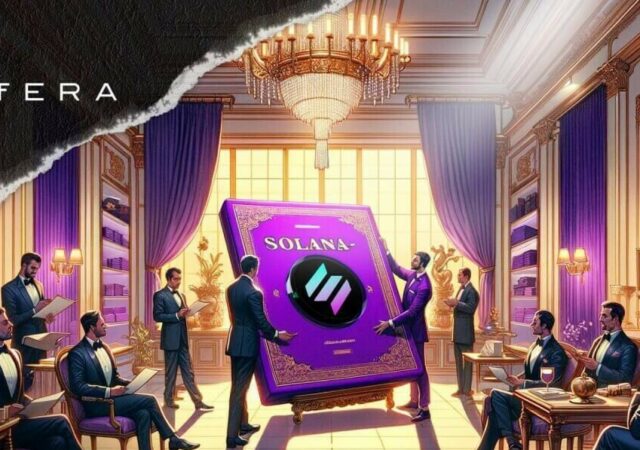- South Korean regulators have exempted NFTs from traditional cryptocurrency regulations.
- The decision is based on the distinct nature of NFTs and their limited risk to the financial system.
- Exceptions exist for certain types of NFTs, ensuring oversight and consumer protection.
In a recent development, South Korean financial regulators have made a significant ruling regarding non-fungible tokens (NFTs) and their classification under existing cryptocurrency regulations. The Financial Services Commission (FSC), the country’s top regulatory body, has declared that NFTs will not be subject to the same rules as traditional crypto assets. This decision has the potential to provide a boost to token issuers and blockchain gaming companies operating in South Korea.
Exclusion of NFTs from Virtual Assets List
The FSC’s announcement states that following the exclusion of central bank digital currencies (CBDCs), NFTs will also be excluded from the list of virtual assets. This move comes after the FSC previously established separate regulations for CBDCs and lawmakers introduced legislation to differentiate between digital fiat and tokens like Bitcoin (BTC). However, some have argued that the existing definition of cryptoassets under the Virtual Asset User Protection Act does not explicitly clarify whether NFTs can be legally considered as such.
Unique Characteristics of NFTs
The FSC’s decision to exempt NFTs from cryptoasset regulations is based on their unique and irreplaceable nature. According to the regulator, NFTs pose a limited risk to the financial system as they are primarily traded for collection purposes, unlike cryptocurrencies that are often used as speculative tools. This recognition of the distinct qualities of NFTs marks a departure from previous gaming regulations that hindered the progress of blockchain gaming within the country.
Exceptions to the Ruling
While the FSC’s ruling exempts most NFTs from crypto asset regulations, there are exceptions outlined by the regulator. NFTs issued in large quantities and traded in a fungible manner will still be considered virtual assets. Additionally, NFTs that can be utilized as a means of payment for specific goods or services will be classified as crypto assets. These exceptions ensure that certain types of NFTs are subject to the existing regulatory framework, maintaining a level of oversight and consumer protection.
Implications for Banks and Crypto Exchanges
In addition to the NFT ruling, the FSC has introduced new requirements for banks and crypto exchanges. Under the Virtual Asset User Protection Act, banks that hold fiat currency on behalf of crypto exchange users must now pay interest on those deposits. This decree aims to enhance the separation of users’ funds from the exchanges’ assets and promotes the use of custodial services provided by banks. Furthermore, the FSC mandates that crypto business operators store more than 80% of their assets in cold wallets, reinforcing security measures in the industry.
Conclusion
The recent decision by South Korean financial regulators to exclude NFTs from cryptoasset regulations marks a pivotal moment for the burgeoning NFT market in the country. By acknowledging the unique characteristics of NFTs and their primarily non-speculative nature, the FSC aims to foster innovation and growth in the blockchain gaming sector. While exceptions exist for certain types of NFTs, the overall ruling provides a favorable environment for token issuers and blockchain gaming firms. Additionally, the new requirements for banks and crypto exchanges strengthen the security and protection of users’ funds. This progressive approach by South Korean regulators sets the stage for further advancements in the crypto industry and positions the country as a hub for innovation in the NFT space.
Disclaimer
The information provided in this article is for informational purposes only and should not be considered financial advice. The article does not offer sufficient information to make investment decisions, nor does it constitute an offer, recommendation, or solicitation to buy or sell any financial instrument. The content is opinion of the author and does not reflect any view or suggestion or any kind of advise from CryptoNewsBytes.com. The author declares he does not hold any of the above mentioned tokens or received any incentive from any company.





